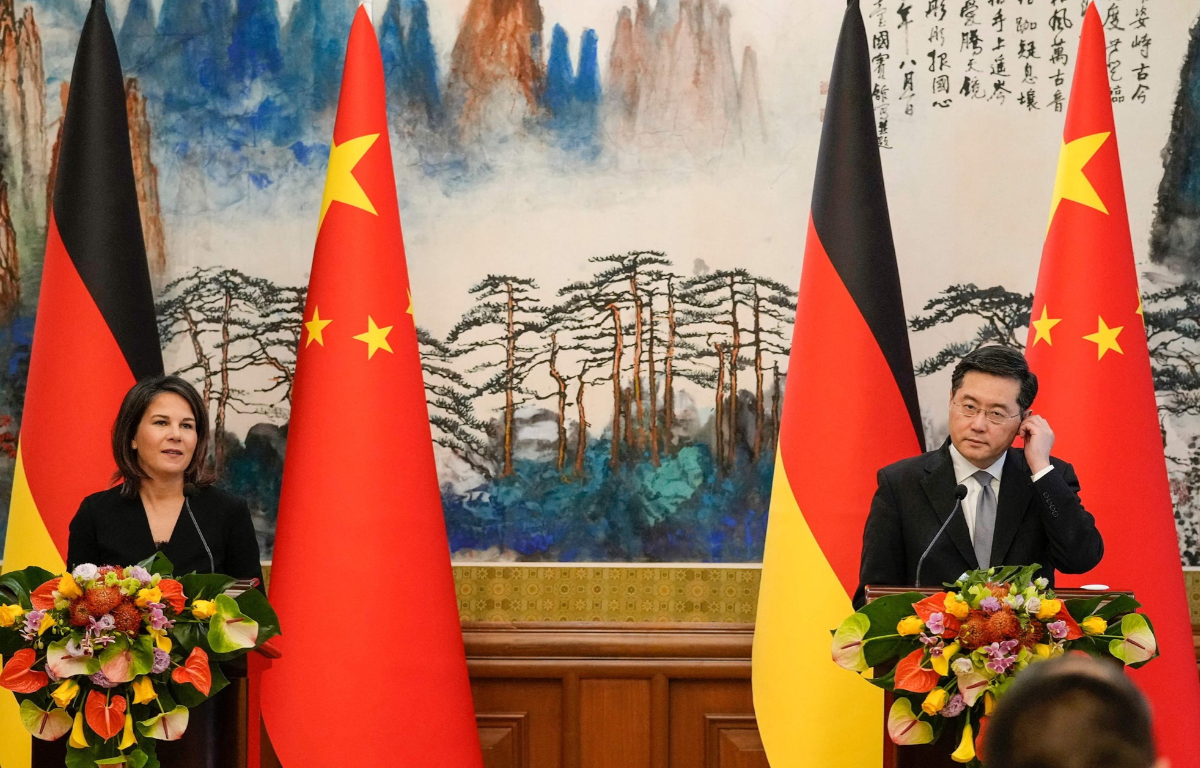
The criticisms in question were voiced during a closed-door meeting at Camp David, a historic retreat for U.S. presidents located in the scenic Catoctin Mountain Park of Maryland. While the exact details of the discussions remain confidential, it is widely understood that concerns over China’s economic practices, human rights record, and geopolitical ambitions were at the center of the talks.
China’s response to these criticisms has been swift and firm. The Chinese Foreign Ministry released a statement expressing “strong dissatisfaction and resolute opposition” to the comments made during the meeting. The statement further emphasized that China views these remarks as a violation of its sovereignty and an interference in its internal affairs.
The incident comes at a time of escalating tensions between China and several Western countries, particularly the United States and its allies. Issues ranging from trade imbalances to intellectual property disputes have strained relations over the past few years. The human rights situation in China, especially in regions like Xinjiang and Tibet, has also drawn international condemnation.
However, what makes this particular incident notable is the platform on which these criticisms were aired. Camp David, often associated with diplomatic retreats and confidential discussions, was intended to provide a space for open dialogue among leaders. The fact that criticisms were raised in this setting underscores the seriousness of the concerns held by the participating nations.
Global reactions to China’s complaint have been mixed. Some countries have expressed solidarity with China’s stance, urging for respectful dialogue and diplomacy. Others, though acknowledging China’s concerns, emphasize the importance of addressing issues of global concern in multilateral forums.
In the broader context, this incident sheds light on the evolving dynamics of international diplomacy. The world has become increasingly interconnected, with economic, technological, and environmental issues transcending borders. As a result, diplomatic discussions are more likely to touch on sensitive topics, leading to occasional clashes of interests and values.
The situation also highlights the balancing act that many nations must perform. On one hand, they aim to maintain productive relations with China, a global economic powerhouse with a substantial role in international trade and geopolitics. On the other hand, they are compelled to address issues that they consider essential to preserving fundamental human rights and global stability.










Share this: